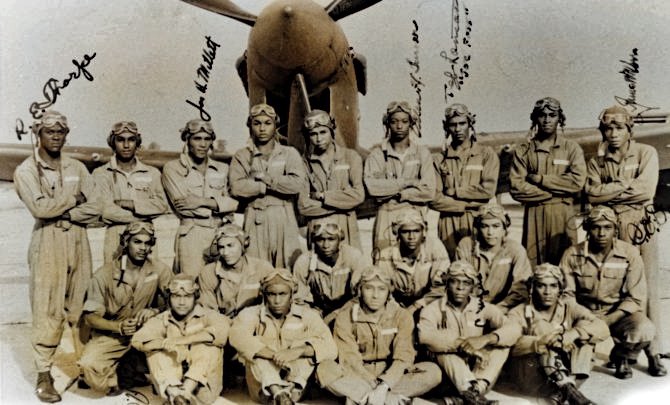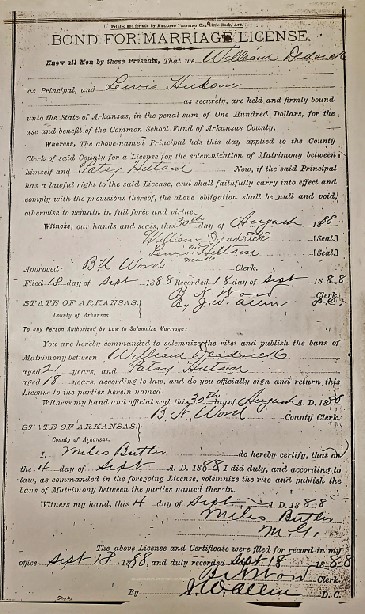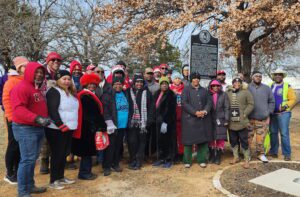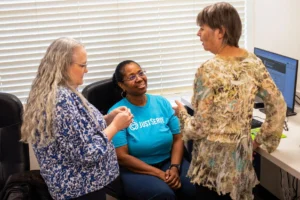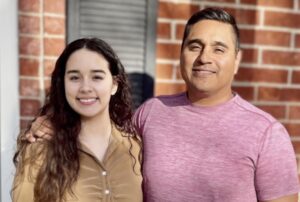Family History Research, a Blessing in Pandemic
Featured Photo: Tuskegee Airmen, Class 44-I-SE1, WW II, Joseph H Millett, back row, third from left, great-grandfather of Parker Millett.
For Linda Williams, having a grateful heart is second nature. The art of gratitude means sometimes finding joy in unexpected ways. As Martin Luther King, Jr. famously said, “Only in darkness can you see the stars.”
Although the ongoing COVID-19 pandemic certainly qualifies as a dark time in world history, some of the ‘stars’ Linda sees are the deepening of relationships with her grandchildren, which might not have been possible without the lockdown.
“COVID created major consequences for my family,” said Williams, a grandmother to 12 and great grandmother to five. “Five [of my grandchildren] were displaced by the virus and came to live with me. We all became closer and got to know each other better.”
This deepening of relationships has been especially true between Linda and her grandson, Parker, who share an avid interest in family history research.
“Parker and I took it to another level as I learned of his desire to know more about our family. He and I shared many conversations about our families’ [ancestors and descendants], and he became even more intrigued as I told him about the family research work that I was doing.”
Linda, an Arkansas native, became interested in family history when in 2012, she and her husband of 32 years, Charles, joined The Church of Jesus Christ of Latter-day Saints, which teaches of the eternal nature of families, encouraging people to learn more about their ancestors.
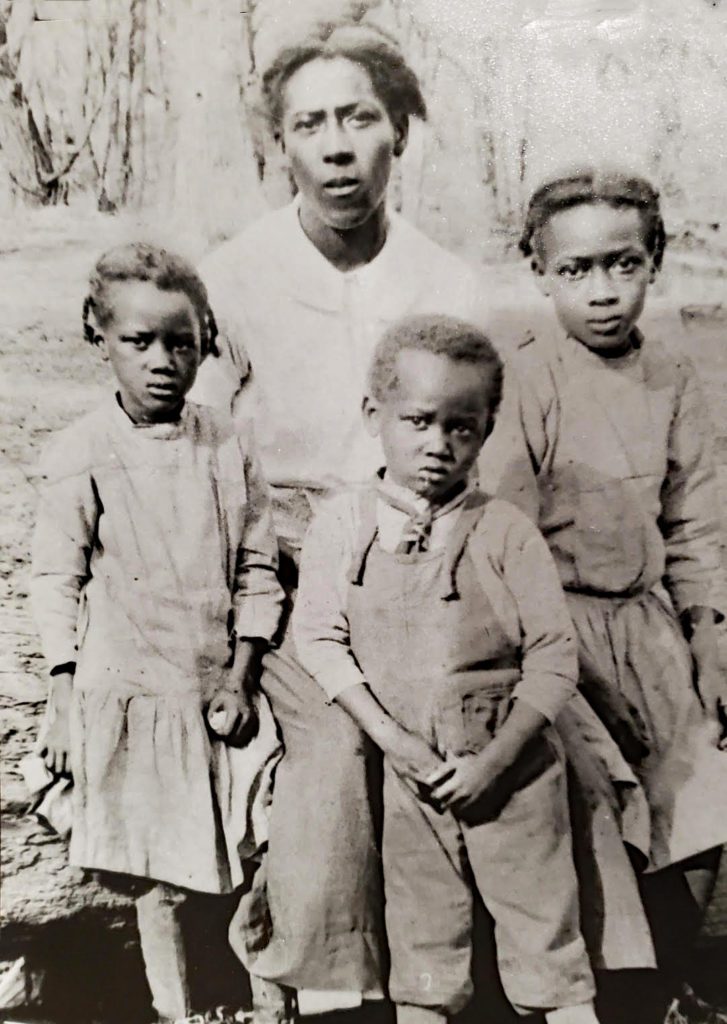
However, Linda’s interest in family history came naturally to her. Adopted and raised by her maternal grandmother, Linda felt a longing to know and understand her biological parents.
“My biological father died shortly after I joined the Church, and genealogy work seemed like the perfect way to get to know him and my mother better,” said Linda. “Doing family research for my biological parents has drawn me closer to them, and I feel as if I finally know them better. [Through discovering records such as] my grandparents and my great-grandparents’ marriage licenses, I gained a strong feeling of connection, unity, and love.”
This was hard-won, though, as Williams, only four generations from slavery, found the lack of records discouraging.
“Being a descendant of slaves makes it even more challenging because that ‘slave wall’ sometimes seems impenetrable. The tragedies of slave ownership, separated families, name changes, illegitimate children, and segregation laws create issues that are difficult to navigate and make family research even more difficult,” said Williams.
Sharing her interest with her grandson Parker has been a particular pleasure.
“For Christmas, I gave him a DNA analysis kit and a photo of a blank family tree. He seemed excited to learn that I had eight generations researched to print on his copy. Talking about relatives that he knew before their death, along with those that he never met, and sharing family photos and stories heightened his interest even more. He was amazed to learn that his great-grandfather was the first black sheriff to ever serve in Arkansas and that his great paternal grandfather was a Tuskegee Airman.
“The more he learned, and the more photos he saw, led to more questions, and we would talk way into the wee hours of the night. Parker, a nineteen-year-old kinesiology major with a Ph.D. in nursing goal, was particularly interested in the fact that his mother’s family is from Trinidad and Tobago,” said Williams.
Family history research is all about connections, sometimes discovered in surprising ways.
“Parker loves to cook and smiles at the knowledge that his great-grandmother, Talitha Fowler Dedrick, had crazy culinary skills and cooked complete meals until she died at the age of 97,” said Williams.
Acknowledging some of the “stars” seen in the dark that Dr. King spoke of, Linda encourages everyone to learn more about their family history.
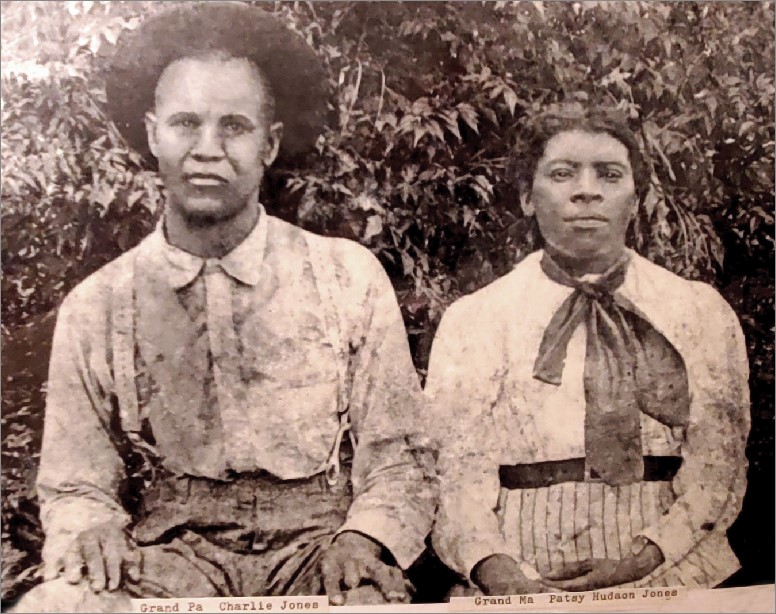
“The family unity and empowerment that I have gained from family history research is a feeling that I would encourage everyone to take action on. Connecting families is the Lord’s work that creates an everlasting bond between past and present family members. The promise of eternal families is a blessing, and it is a privilege to help in this work of unity,” said Williams.
Hundreds of African American family history research records are available on FamilySearch and through The Church of Jesus Christ of Latter-day Saints’ research facility in Salt Lake City, the most extensive genealogical library globally with more than 4,000 Family History Centers in 88 countries.

